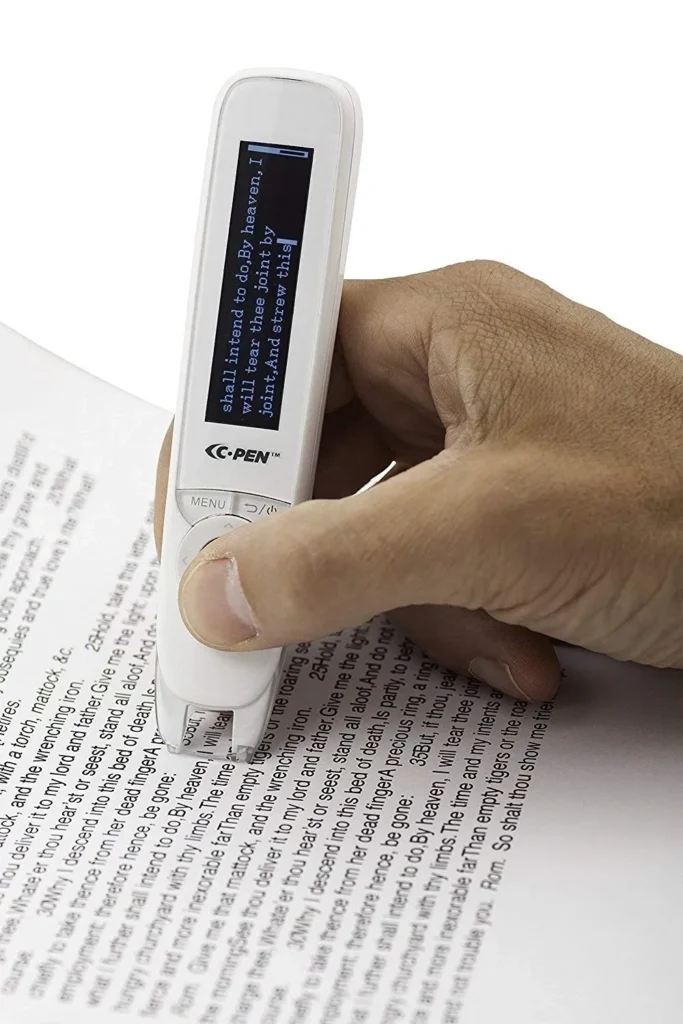Dyslexia in Teens and Adults
We know that people with dyslexia typically have difficulty with word recognition and reading unfamiliar words. When dyslexic students go through life unidentified and untreated they can miss exposure to critical grade level vocabulary, background knowledge, and comprehension skills. Their ability to spell may also be impaired. This results in lower performance with written expression. Dyslexic adolescents and adults may have coping strategies, but still find reading and writing more difficult than their peers. Their literacy skills may not match their performance in other subjects areas. (See the definition of dyslexia for more details: https://dyslexiaida.org/definition-of-dyslexia/ ) It is important that people of all ages have access to the tools they need to make meaningful contributions to their workplace and society.
It is NEVER too late
If a student is still in a school setting, they should consider a dyslexia evaluation. (Learn More About Evaluations Here: https://dyslexiaida.org/dyslexia-assessment-what-is-it-and-how-can-it-help-2/ ) Once identified with dyslexia, students may be eligible for educational accommodations and supports. (Learn More About Accommodations Here: https://dyslexiaida.org/accommodations-for-students-with-dyslexia/ ) Teens and even adults can benefit from specialized instruction by a highly trained academic language therapist. “A wealth of evidence shows that intensive, high quality literacy instruction can help students who are struggling build the skills they need to succeed in high school and beyond”(Alliance for Excellent Education, 2006).
A trained dyslexia therapist may teach mature struggling readers to:
- Break words into syllables
- Identify specific syllable types
- Recognize irregular words that do not follow predictable spelling patterns
- Understand word origin and how to apply that knowledge to spelling and decoding techniques
- Analyze words in terms of prefixes, basewords, suffixes and how the word parts relate to each other
- Identify weak syllables in order to understand various pronunciations of vowels
- Discover when vowels make an unexpected sound due to their “neighbor” letter (Also known as: vowel shifting patterns)
See what Bruce Shields has to say about dyslexia and his experience with Structured Literacy Therapy, as an adult.
https://www.lexercise.com/blog/testimonial/bruce-shieldsApproximately 40% of high school graduates lack the literacy skills employers seek (Achieve Inc., 2005). Assistive technology is the most common accommodation for dyslexic adults in the workforce. Speech recognition systems are more readily available than ever before. Many dyslexic adults will use spelling and grammar checking software for daily communication assistance. Reading pens, like the one pictured, are helpful for reading materials that are not available online. You can learn more about the C-Pen and other assertive technology tools here:
https://dyslexiaida.org/at-for-reading-reading-by-pen/ .
Early identification of dyslexia is always the best way to provide effective support, however it is never too late to help older students and adults with literacy skills. Evaluations, accommodations, and appropriate instruction can help all students perform to their true academic potential.

For more information on ways to treat adolescent and adult dyslexia:
SCHEDULE A CONSULTATION WITH A DYSLEXIA THERAPIST:
<a href=”https://www.lexercise.com/consultation?group=13&clinician=464“>https://www.lexercise.com/consultation?group=13&clinician=464</a>
LEARN MORE ABOUT LEXERCISE PROFESSIONAL THERAPY:
https://www.lexercise.com/online-dyslexia-treatment/professional-therapy?group=13&clinician=464CHECK OUT THIS FACT SHEET FROM THE INTERNATIONAL DYSLEXIA ASSOCAITON:
https://dyslexiaida.org/adolescents-and-adults-with-dyslexia/